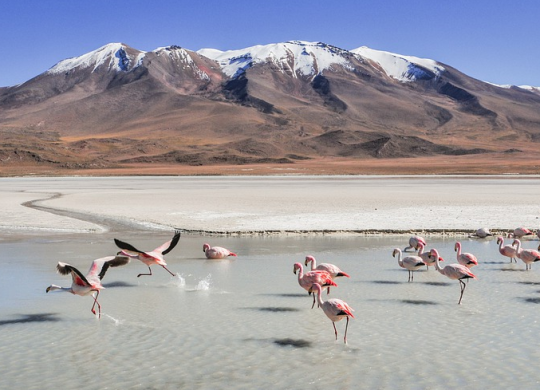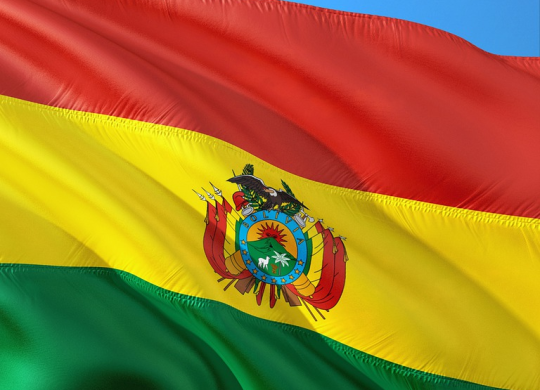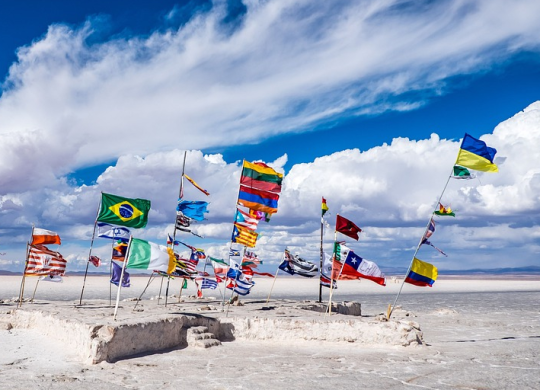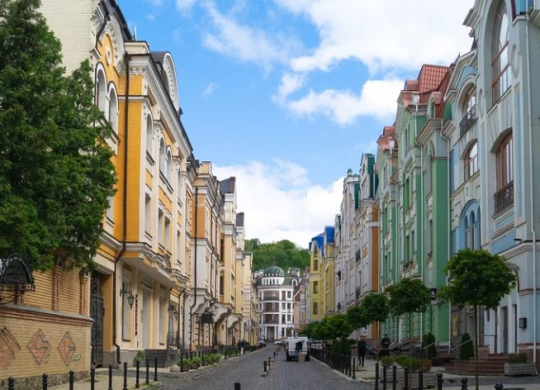Medical treatment in Bolivia: Healthcare and insurance options for foreigners

The exclusive sights and landscapes of Bolivia attract many travellers, and the city of La Paz has become a worthwhile destination for each tourist. However, the country has one of the lowest healthcare rates in Latin America. Despite increased investment in public health facilities in recent years, the availability and quality of healthcare remain poor.
What should a foreigner know about healthcare in Bolivia?
As in many other countries in the region, Bolivia has several public and private hospitals that can provide medical care to both foreigners and locals. Public facilities: subsidised by the government. However, they are severely underfunded and massively used, resulting in long waiting times and poor quality of medical care compared to Western countries.
Private facilities: offer a higher level of care and can deal with most medical problems. Services at these clinics are much more expensive than at state-run counterparts. However, outside the big cities, it is a completely different case. It will be much more difficult or even impossible to find high-quality medical care.
Conditions
The World Bank is partially funding the health system in Bolivia. The state has launched a new free unified healthcare system (SUS in Spanish). Today, the priority is to provide citizens with basic healthcare and focus on combating diseases such as diarrhoea and tuberculosis. In 2019. Bolivia has introduced universal health coverage to cover 5.8 million uninsured citizens. In healthcare facilities, most doctors speak Spanish, as it is the official language. However, there are hospitals in the country that serve foreigners in English, and these include:
• Clinica Foianini;
• Centro Medico Especializado (CEMES);
• Clinico Sirani;
• Clinica Del Sur.
Medical insurance
There are decent private medical facilities in Bolivia. However, common diseases (dengue, malaria, yellow fever, leptospirosis, typhoid, hepatitis A, bacterial diarrhoea) and poor sanitation indicate that health insurance is a must.
As a result, there are three options for health insurance in the country:
1. Public sector: to increase access to health care for the country's citizens, the government has introduced basic public health insurance, which covers most of the costs of medical care and the full costs of public hospitals for at-risk groups (children, pregnant women, and the elderly).
2. Social insurance: there is social insurance with compulsory payments for foreigners actively working in Bolivia. A law was passed in 2010 that introduced a double-payment system in which both employers and employees contribute. This provides savings that can cover the cost of medical care in some facilities in the country.
3. Private insurance: private health insurance is available in the country, which covers the cost of treatment in non-government hospitals. As in many other countries around the world, two main categories of health insurance are available in Bolivia:
• Local Health Insurance Plans – cover the cost of treatment only in Bolivia.
• International Health Insurance Plans – cover the cost of treatment in any country.
Recommendations
If you are travelling to Bolivia, do obtain international medical insurance and make sure it covers not only medical costs but also air evacuation in case of an emergency. Also, carry any prescription medication and essential medical equipment you may need while in the country.
Recommended articles
2 min
Treatment
Health insurance and healthcare system in the Netherlands: complete guide for expats
Health insurance in the Netherlands is one of the first and most important formalities after moving, which determines access to doctors, treatment, tests and medical services in the country. Find out how to apply for a policy, when to register, how much insurance costs, how a family doctor works and much more useful information for foreigners abroad
01 Dec. 2025
More details5 min
Work
4 min
Residence permit
4 min
Treatment
All materials and articles are owned by VisitWorld.Today and are protected by international intellectual property regulations. When using materials, approval from VisitWorld.Today is required.